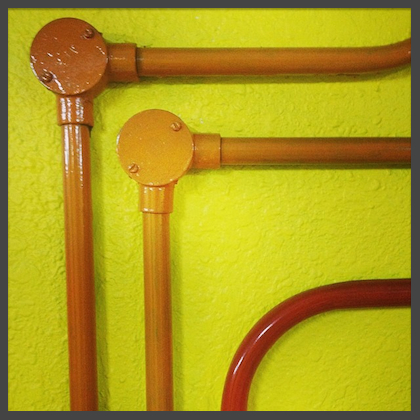Post #19 – where careful analysis is considered
At work we are often asked if we can find a (technical or otherwise) solution to a particular problem. We love a challenge, so welcome the opportunity to delve into the features and functionality of our systems to see if we can improve the way we do things. We see if we can tweak settings to provide alternative approaches to activities like assessing online (including plagiarism), uploading grades, managing discussions, facilitating group work, doing peer assessment, checking class attendance, etc. Sometimes these ‘fixes’ are about making administrative tasks easier, but they are also about improving learning and teaching.
It’s important to discover the exact issue of concern so that the correct focus is maintained during problem solving. Not understanding the problem, as well as inadequate testing, can cause further issues if you drift from the original question. Clearly articulating the current conditions and state-of-play first, then overlaying that with the problem and obstacle to overcome, and then determining the desired and hoped for outcome is a useful process. I’m suggesting that the more information the better, and some method of recording information, mapping the issues, and ensuring ongoing communication are in place so that all parties have the same understanding of the project.
We’ve had some cases where we get to a certain point and realise that we either can’t do what we want and have to compromise, or that we need to take a completely different path due to limitations of the systems we have. It’s always a great feeling when an alternative is found and implemented to everyone’s satisfaction. But then there’s always the case where there is no way to solve the problem and the status quo needs to be maintained till future opportunities make change possible.
Have you found that sometimes the solution doesn’t really address the problem?

Conduit piping
Word of the Day is: ‘flak’ – and often best avoided
Tags: blogjune